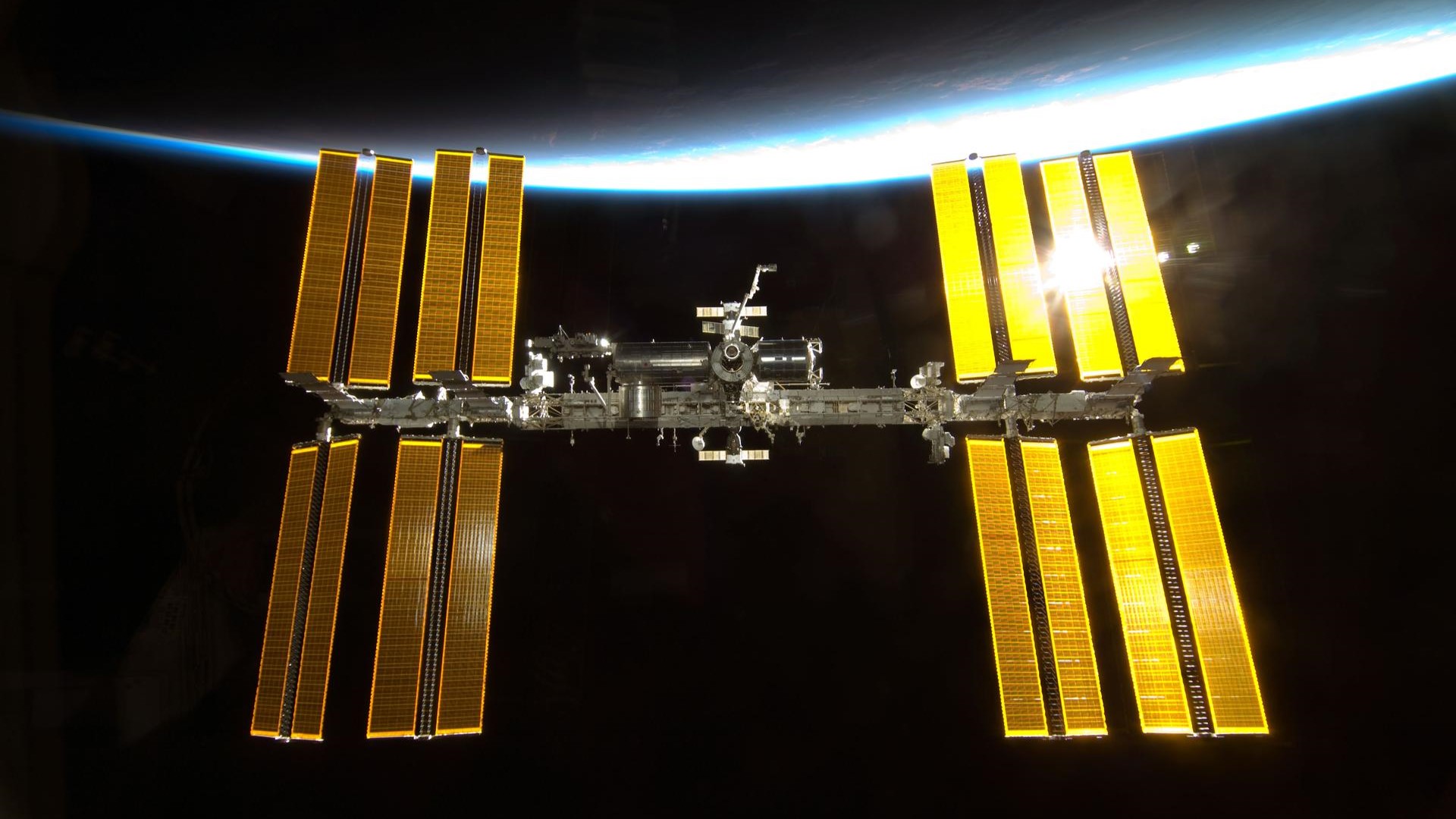NASA
Latest about NASA
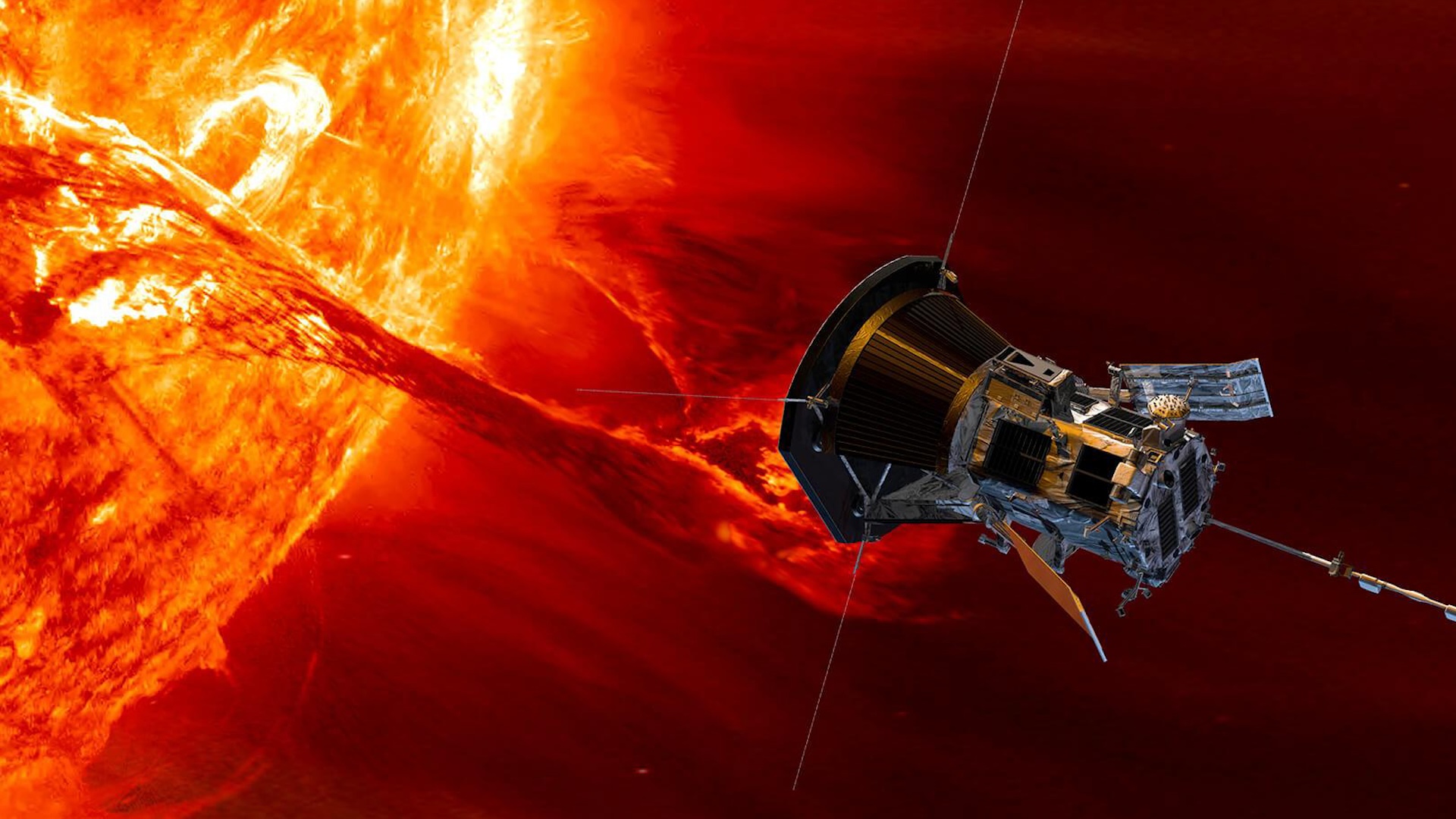
NASA's Parker Solar Probe finds fresh clues to decades-old mystery surrounding the sun
By Sharmila Kuthunur published
NASA's Parker Solar Probe has found news clues in the longstanding mystery of why the sun's outer atmosphere, or corona, is so much hotter than our star's surface.
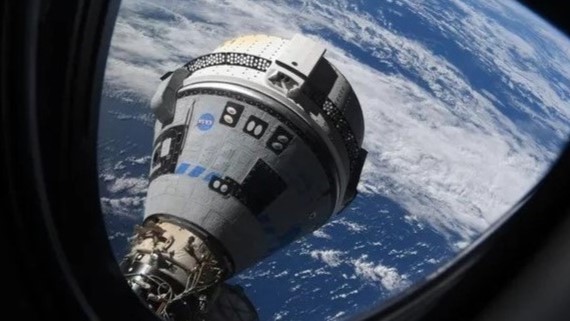
NASA may send Starliner home without its crew — leaving astronauts stuck in space until 2025
By Ben Turner last updated
The Crew-9 handover has been delayed amid rumors that NASA could be planning to return the troubled Starliner spacecraft without its astronauts.
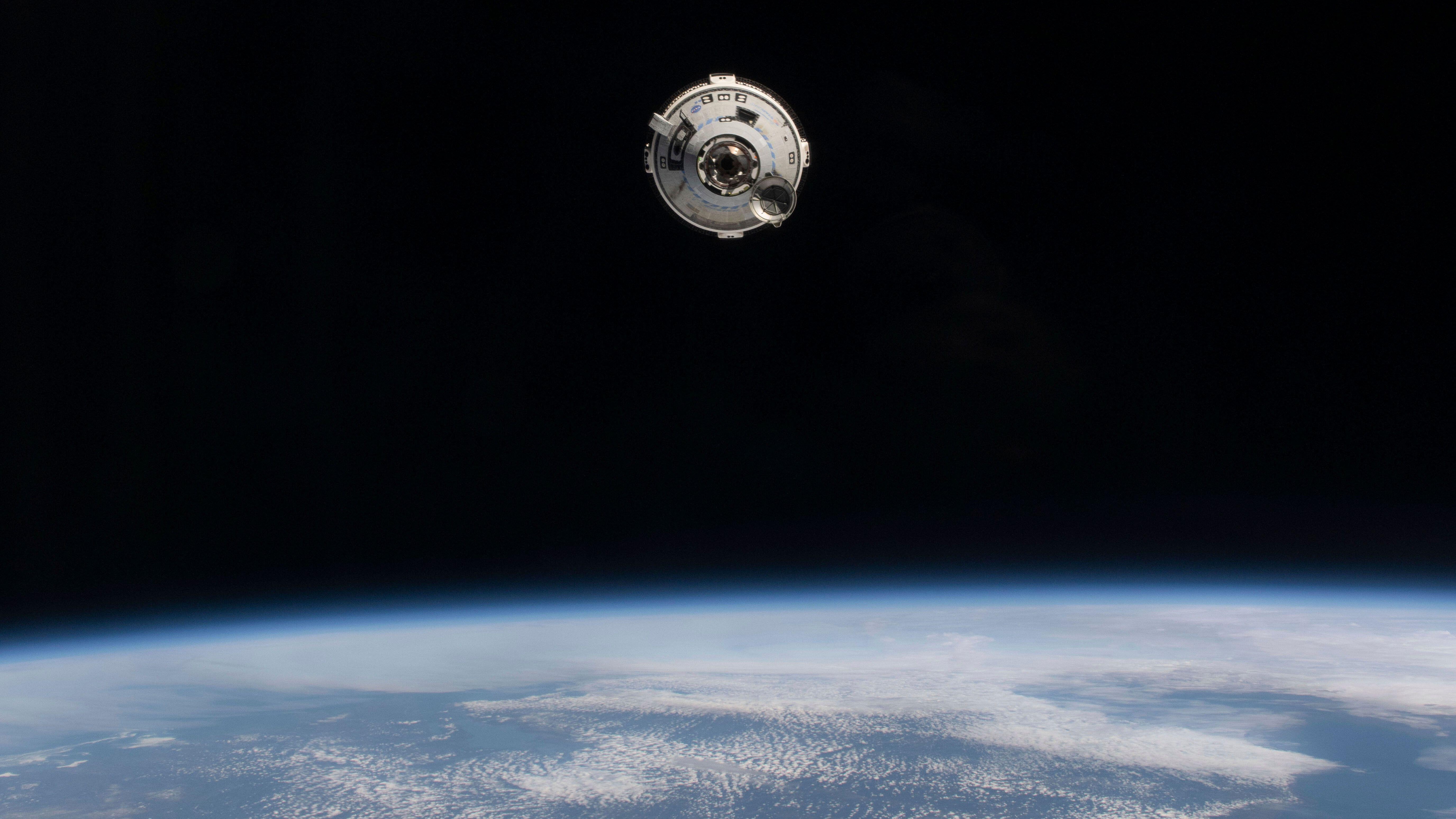
Boeing Starliner astronauts remain stuck on International Space Station with no set return date, NASA announces
By Ben Turner published
After nearly two months of postponement, Butch Wilmore and Suni Williams are still on board the ISS. But NASA and Boeing say they still plan to return the two aboard Starliner.
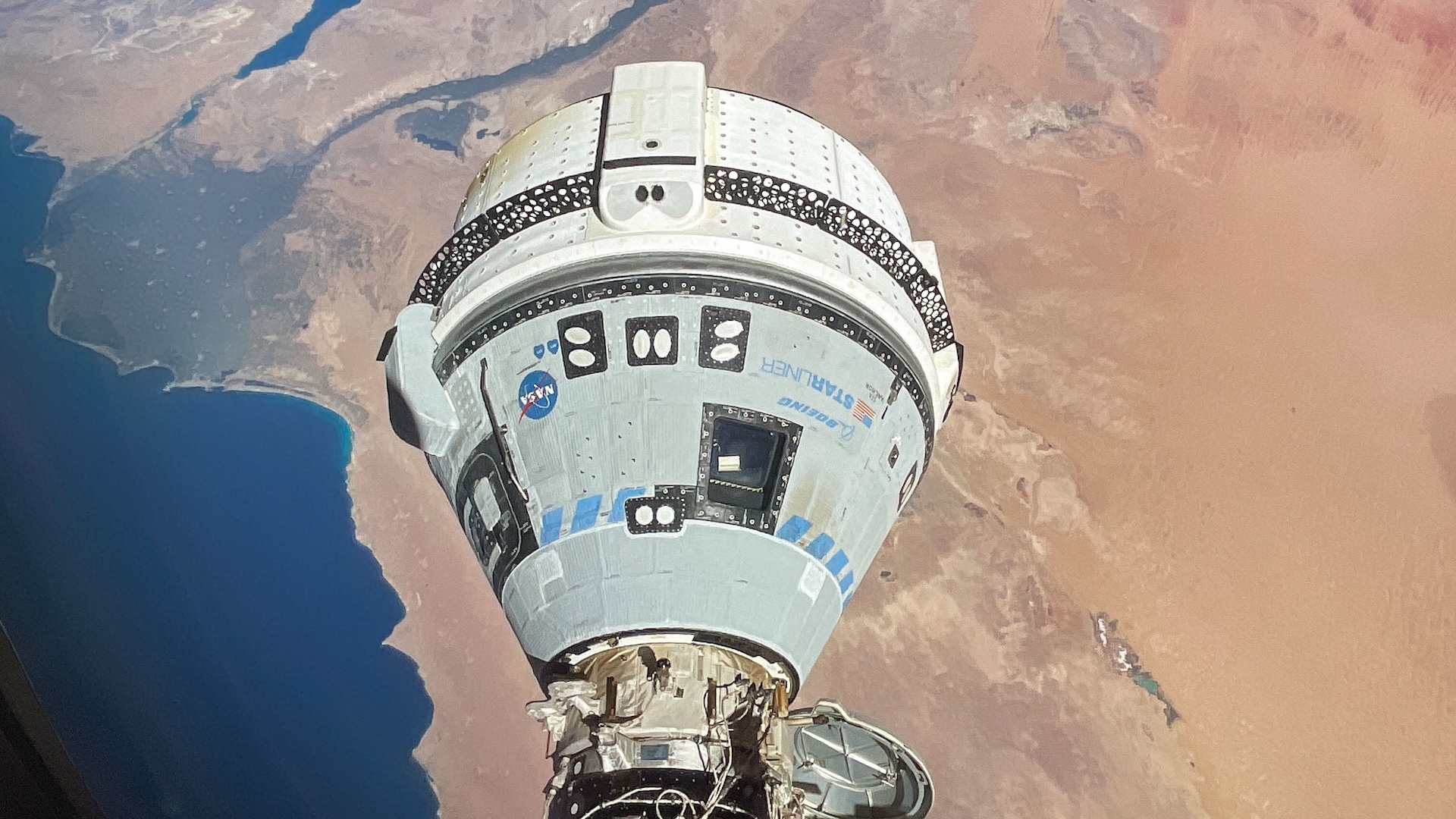
Fixing Boeing's leaky Starliner — and returning NASA's stranded astronauts to Earth — is much harder than it sounds
By Ian Whittaker published
Astronauts are stuck on the International Space Station after yet more problems with Boeing's beleaguered Starliner. Here's why an investigation into the issues is so difficult, even for NASA.
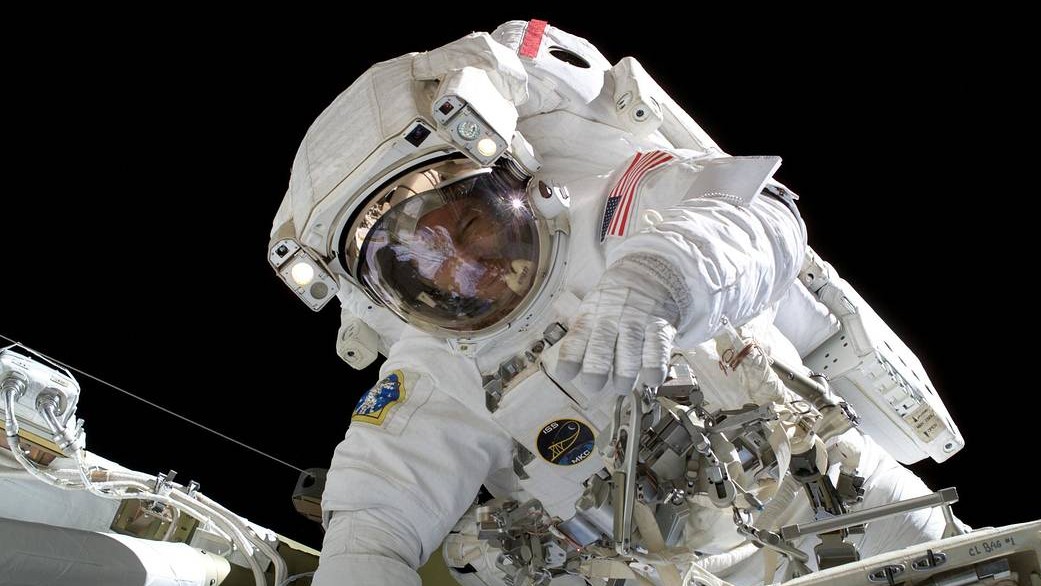
Astronauts could ditch diapers on spacewalks thanks to new device that let's them drink their pee
By Emily Cooke published
A new device may someday soon allow astronauts to drink purified water made from their filtered pee during spacewalks.
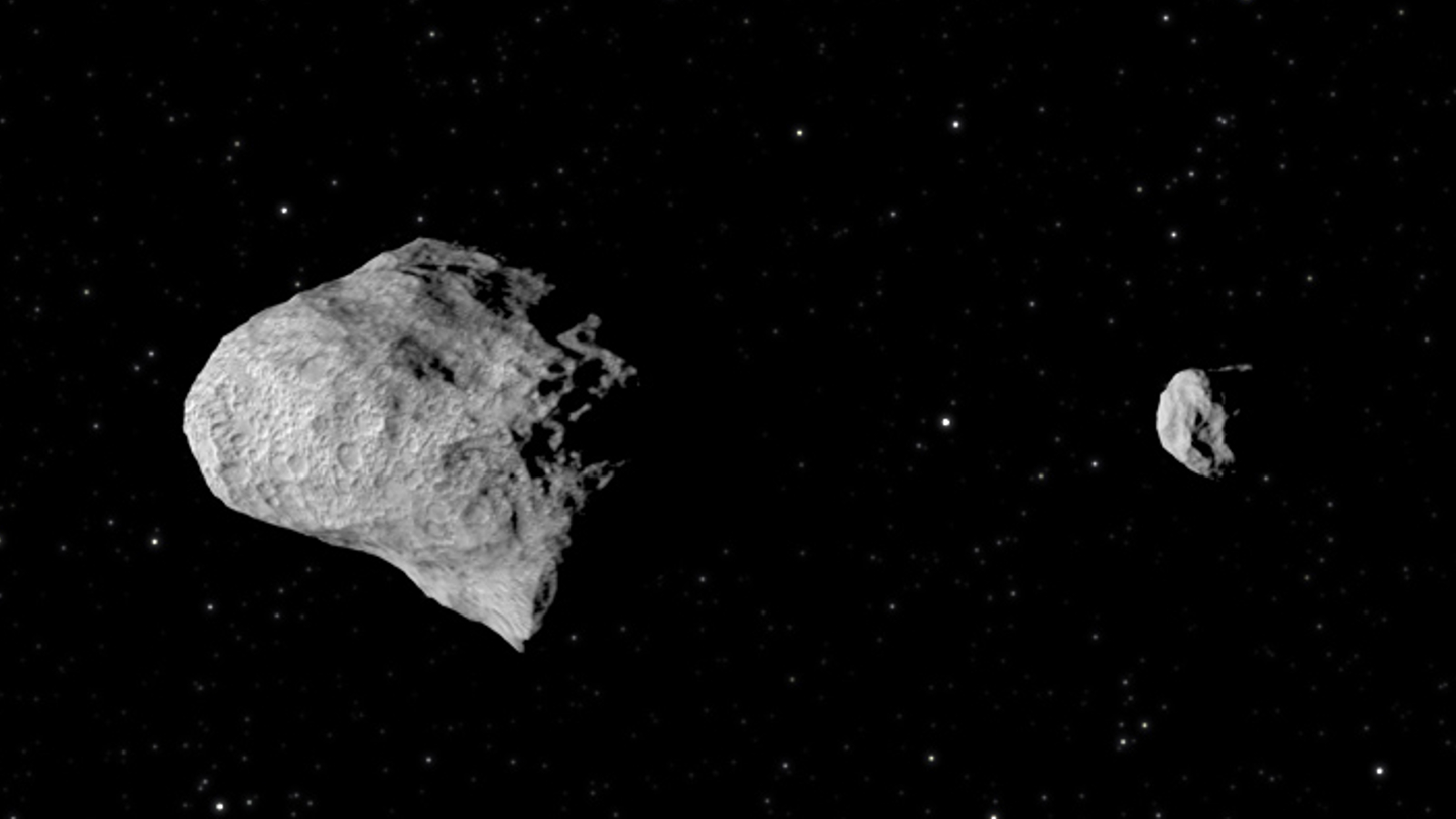
NASA discovers secret moon orbiting nearby 'planet killer' asteroid after recent close approach to Earth
By Harry Baker published
New NASA images of a mountain-size, "planet killer" asteroid that made its closest approach to Earth last month have revealed a surprise companion circling the massive space rock.
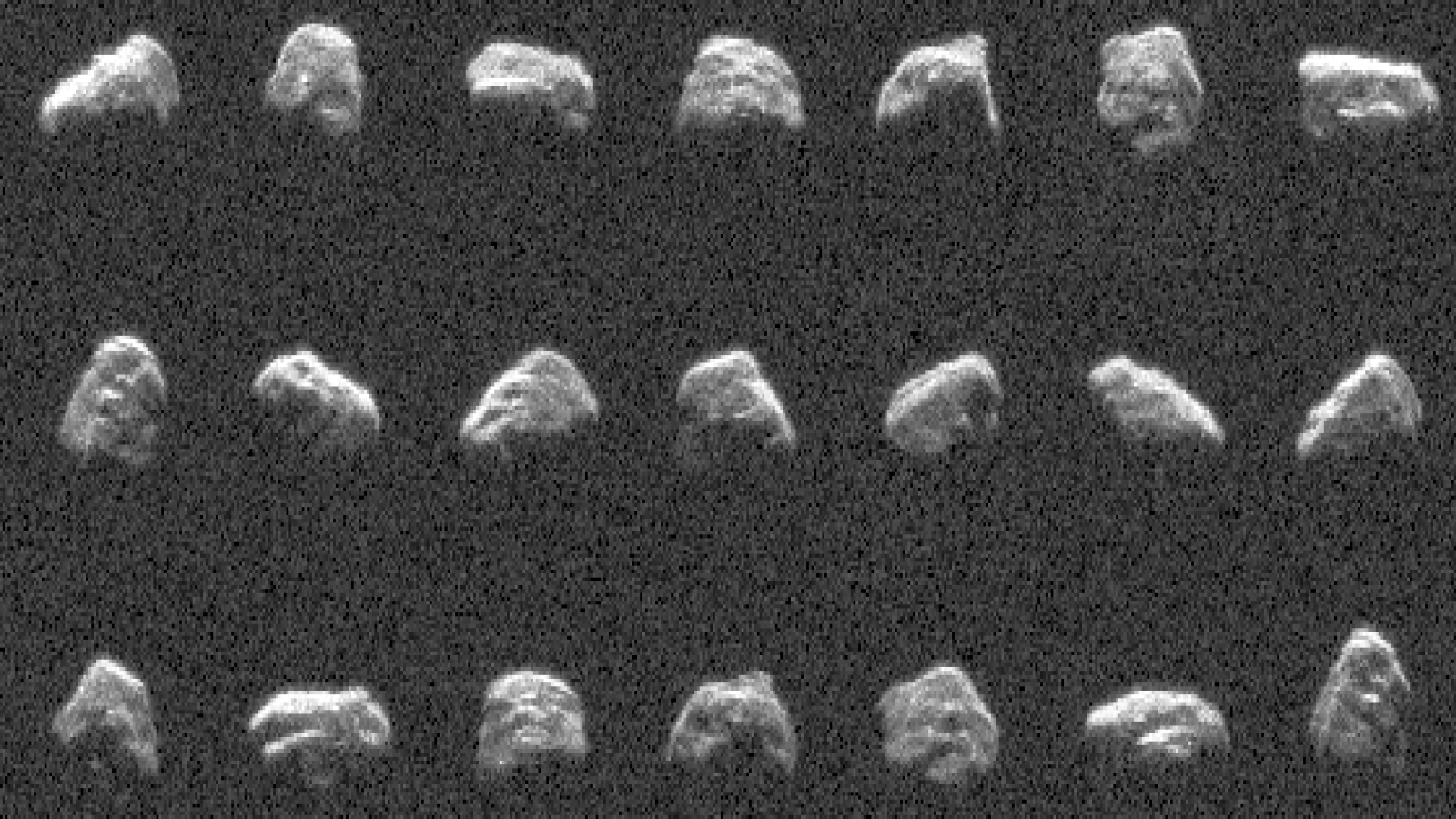
Earth's gravity knocked pyramid-size asteroid off course during recent ultra-close flyby, NASA images reveal
By Harry Baker published
New photos of the recently discovered asteroid 2024 MK, which zoomed past Earth in late June, reveal that the massive space rock's orbit has been significantly altered by its close approach to our planet.
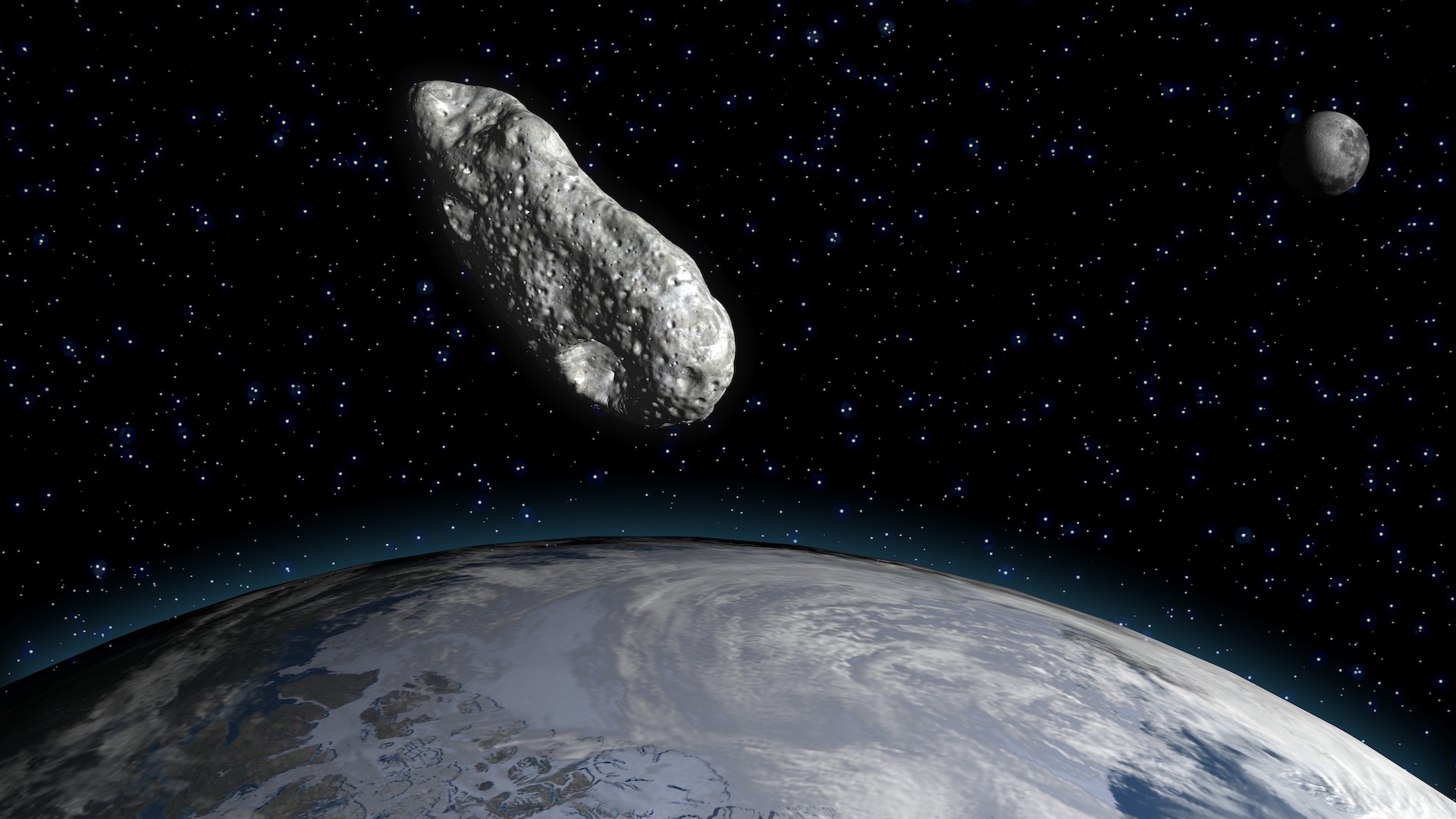
Newly discovered asteroid larger than the Great Pyramid of Giza will zoom between Earth and the moon on Saturday
By Brandon Specktor published
On Saturday (June 29), an asteroid larger than the Great Pyramid of Giza will fly past Earth at about three-quarters the distance from Earth to the moon. The asteroid, named 2024 MK, poses no risk to our planet.

Shattered Russian satellite forces ISS astronauts to take shelter in stricken Starliner capsule
By Ben Turner published
ISS astronauts, including the stranded Butch Willmore and Suni Williams, have sought refuge inside their docked spacecraft after the Resurs-P1 satellite splintered apart in orbit.
Sign up for the Live Science daily newsletter now
Get the world’s most fascinating discoveries delivered straight to your inbox.
